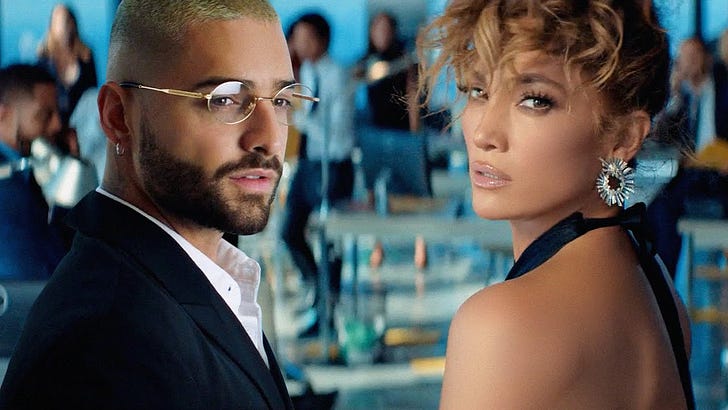Four Things That Don't Suck
As I attempt to revise my “Teaching Exceptional Learners” syllabus for the fall semester, which requires some amount of planning and hope, I am distracted by the fact that a lot of things suck right now. The germs. The divestment of science and reason from political leadership. The wild fires that have been terrorizing the West Coast for more than a month. The way my boobs look in a bathing suit after having nursed two children.
But there are still, against all odds, lots of things that don’t suck, like my son’s killer dance moves, the new pair of songs J. Lo just released, and these four gifts to the worlds of child-rearing, education, and neurodiversity.
#1: Speaking of Autism, a blog written by an autistic 18-year-old from Colorado named Quincy Hansen. In this post, Quincy explains that if you’re asking how to get an autistic person to stop doing something (say, flapping their hands back-and-forth), you are asking the wrong question. Instead, you should be asking why?
“ ‘But how do I answer the why question?’ you might be wondering. This can get tricky, but I’ll give you a few suggestions. First, you might try asking said autistic person. “Hey, Johnny, why are you putting pencils in your ears?” You might be surprised how much someone understands about themselves and how well they can communicate this. If this doesn’t work, because, say, they’re too young, don’t communicate well with you, or simply don’t know, your number one resource is other autistic people, especially autistic adults, because many of them know what’s going on because they did it too.”

#2: The Little Feminist Book Club: A women-owned, Oakland-based monthly subscription service that sends you a curated book featuring diverse subjects and authors and defiance of gender norms. These are well-written, lovable children’s books that naturally expose kiddos to a wide range of role-models and narratives, rather than beating them over the head with an issue or confining non-white protagonists to tales of adversity. They also publish a set of fabulous board books that feature images of disability, gender, race, and family diversity that you rarely see represented so effortlessly, including the only image of a pregnant man I have ever seen in children’s lit.

#3: The Love & Logic Youtube Channel: A stalwart of parenting and teaching advice, but I somehow never explored it until now. I find Dr. Charles endlessly endearing and these brief videos, though not flashy, pretty darn helpful and mostly not annoying, which is saying A LOT for parenting advice. Faves: Parenting When Stressed (4 min) and Sibling Rivalry (3 1/2 min) and the longy-but-goody, Don’t Be Afraid to Upset Kids below:
#4: Why Everything You Know About Autism is Wrong TEDX Talk by Jac den Houting (13 min). Den Houting weaves research and personal experience into a compelling narrative about our outdated paradigms around autism and neurodiversity. This is required watching.
“Most people understand autism through medical assumptions. They understand autism as a medical condition, a disorder, even as a tragedy. In the medical paradigm, we're taught to believe that there's a correct way to develop neurologically, that there's a right way for our brains to work, the "normal" way, and that any other way of developing is wrong and needs to be treated and fixed.”
Thank you for reading, and for not sucking. You are the best. If there are other things you are finding that don’t suck at all, comment below!




